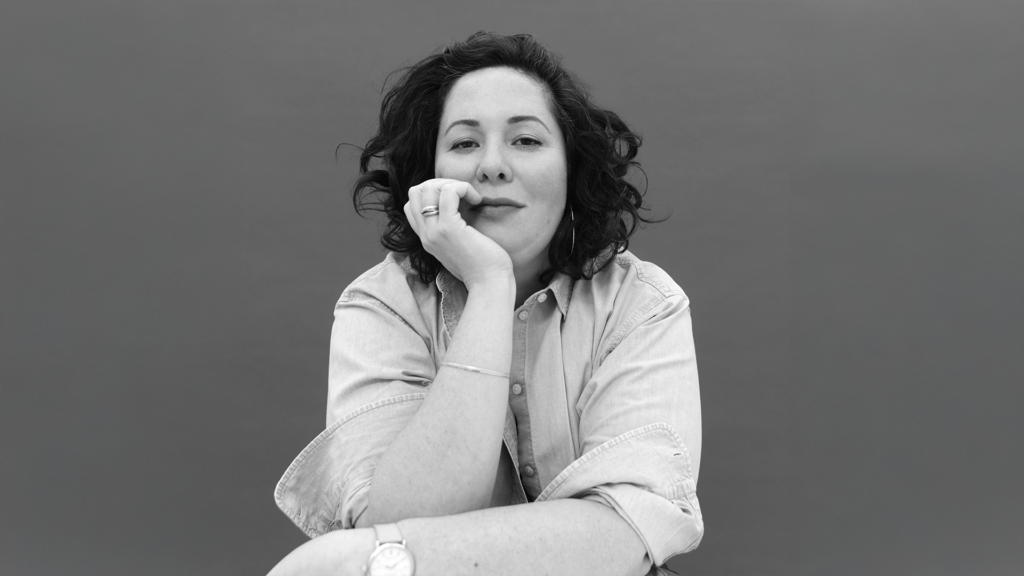
If you could attribute one other person or life event to your success, who or what would it be and why?
When I graduated from university with an advertising degree (yes, those exist) and a few copywriting internships under my belt, I thought securing a job would take a matter of weeks.
After all, I had, what I thought, was the single most important quality to get into a creative department: passion.
We all know how this story goes; the ingredient to get into a creative department does start with “P” but it isn’t passion, it’s portfolio school. And after multiple job rejections and an inability to go to ad school given I could already fill a bathtub with the student loans I owed, there was only one choice.
Mullen (now MullenLowe) had just moved the agency from Wenham into downtown Boston and they needed a receptionist. Four years of an expensive Boston school and here I was signing up to show up in a “business casual” uniform at an ad agency.
For nine months I received packages, answered phone calls, met with media reps and most importantly, met everyone at the agency. In that time I tried to play it cool, asking for creative briefs here and there–you know, in case they needed writing support from the receptionist. No dice. In retrospect I realize nine months is really a short time, but back then, I was desperate. So I asked the head of the studio for help to get the creative department’s attention.
Together, we came up with a sign that was about eight feet long and three feet wide that said “Give your receptionist a chance” with photos of famous receptionists in history (JK Rowling, Carli Fiorini, etc). I hung it up in the CCO’s office around midnight and prayed to the ad gods I wasn’t fired.
Mark Wenneker, the Mullen CCO at the time, called me into his office and said, “What do you want?” I made my impassioned case of how I was a copywriter and just needed a chance and he said, “You’ve got three months to show what you’ve got. You also need a portfolio by the end of it.”
That chance, that glimmer of hope from this creative leader who had done such iconic work, this evidence that maybe I had potential–it changed everything. It changed my career path, it informed my work ethic, it changed how I felt about myself. I owe Mark Wenneker my career and I will always be grateful for the reckless faith he had in that portfolio-less receptionist.
What is something the industry isn’t paying attention to that they should?
As we know, all eyes are on AI. My favorite quote I’ve heard on the subject is from Nancy Reyes who said something along the lines of, “AI will only leave behind those that don’t embrace it.” AI’s impact on the industry is already palpable, but in my eyes it predominantly affects one very specific group of people: junior creatives.
I think the industry needs to start committing to continuing to hire and mentor (human) junior creatives. The banner/email/headline/social post writing and art directing that AI is more than capable of executing are important fundamentals for juniors to go through–even if they use AI to do it. Sharp headline writing leads to sharp :15s and sharp :15s lead to sharp platform ideas–you get my drift. And while having AI do these “smaller” tasks will cut costs, it will also cost us future creative leaders who really understand the nuances of the entire advertising ecosystem.
What part of your role as a leader do you find most rewarding?
The potential to create impact. At Wieden+Kennedy Amsterdam, a young, non-English-native writer shared her anxiety around writing manifestos and asked if I could help her improve. She spread the word to other writers in the agency and the Manifesto Club was born. For six months, I gave a handful of writers manifesto assignments and as a team we’d give feedback and kudos on each one.
The creatives’ progress was staggering. Their enthusiasm and commitment to getting better was humbling and inspiring, and having the opportunity be a part of that really was the most rewarding thing about my time there.